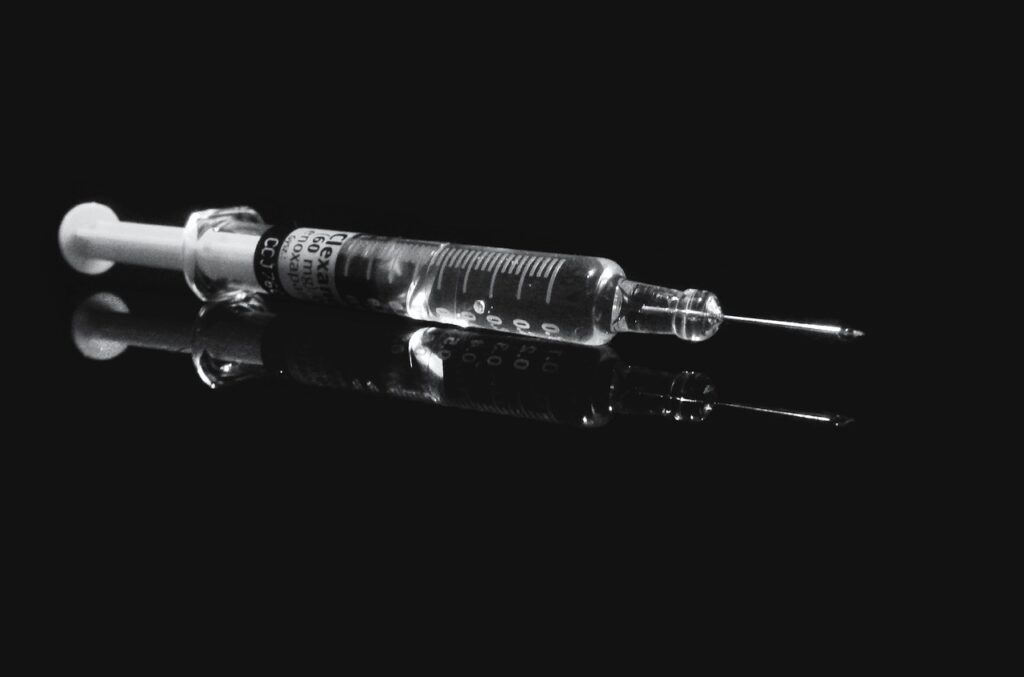Some complicated, multi-step skincare routines can take hours. Can anti-wrinkle injections offer a more time-effective solution to anti-ageing?
The basics of anti-wrinkle injections
Anti-wrinkle injections are minimally invasive cosmetic treatments to reduce the appearance of fine lines and wrinkles. The effects typically last three to six months, and it’s sometimes recommended to have repeat injections. The treatments reduce muscle contractions, preventing the creasing and folding that contribute to wrinkles. This can lead to smoother and more youthful looking skin.
Daily skincare
An anti wrinkle injection can reduce the need for multiple skincare products by reducing wrinkles. Many people rely on an array of products like serums, creams, and masks. These products often need to be applied daily and in some cases multiple times each day. This adds time and complexity to a skincare routine. Anti-wrinkle injections require minimal effort or recovery. Treatments last around 15 minutes and there is little preparation required.
Results with minimal maintenance
Once the effects are fully visible (within two weeks), the effects can last for three to six months. There’s virtually no need to touch up or apply additional products to maintain these results. Topical anti-ageing products, on the other hand, require constant application and often take weeks to show any difference. The effects may be more subtle compared with anti-wrinkle injections.
Reducing stress
When skincare routines are simplified, it reduces any stress of maintaining them. People may feel overwhelmed by the number of steps in their skincare routine – along with daily stresses of work, college, or family life – and so treatments that require minimal effort may offer a better solution. Keep in mind, though, that the effects won’t last forever and many people choose to have repeat treatments.
Complementing other skincare treatments
Anti-wrinkle injections can complement other skincare treatments and products. People can still use moisturisers or vitamin C serums, for example. These injections can take care of anti-wrinkle care, leaving time for other skincare goals like hydrating or brightness. Some dermatologists recommend anti-wrinkle injections as part of a broader skincare strategy.
Can diet help with anti-wrinkle care and anti-ageing?
Diet plays an important role in anti-wrinkle care, skin care, and anti-ageing. A diet full of essential nutrients, antioxidants, and healthy fats can improve skin elasticity, reduce fine lines, and slow signs of ageing.
Antioxidant-rich foods are particularly important, and include foods rich in vitamin C (including berries, bell peppers, and broccoli), vitamin E-rich foods (like nuts and leafy green vegetables), and foods containing beta-carotene (like carrots and sweet potatoes). These foods can help in preventing wrinkles and skin damage.
Omega-3 fatty acids from foods like fatty fish (salmon, sardines, etc), flaxseeds, and walnuts offer anti-inflammatory properties. They help hydrate your skin and maintain its elasticity.
Zinc and selenium can also contribute to healthful skin; zinc is found in shellfish, pumpkin seeds, and nuts, while Brazil nuts are excellent for selenium (it’s often recommended to stick to just two Brazil nuts per day as they’re so high in selenium, and excessive selenium can lead to a range of negative effects).
Hydrating foods like cucumbers, watermelon, and lettuce can contribute to glowing skin, and protein-rich foods like meats and eggs can help with skin elasticity and firmness. Collagen can also help and is found in foods like bone broth (as well as high vitamin C foods). Vitamin A and retinoids, found in foods such as leafy greens and carrots, can speed up cell turnover, which can contribute to youthful looking skin.






